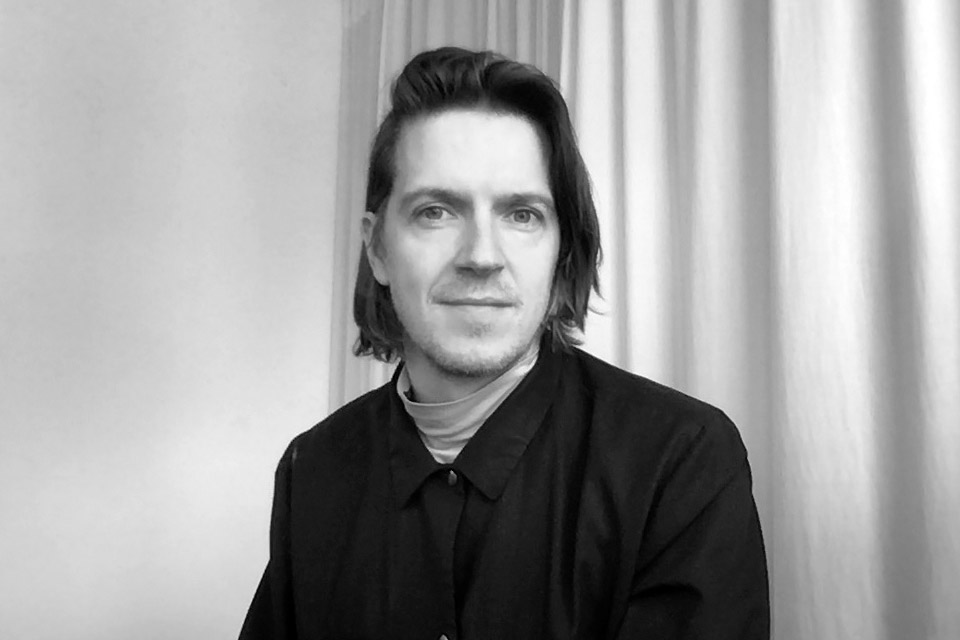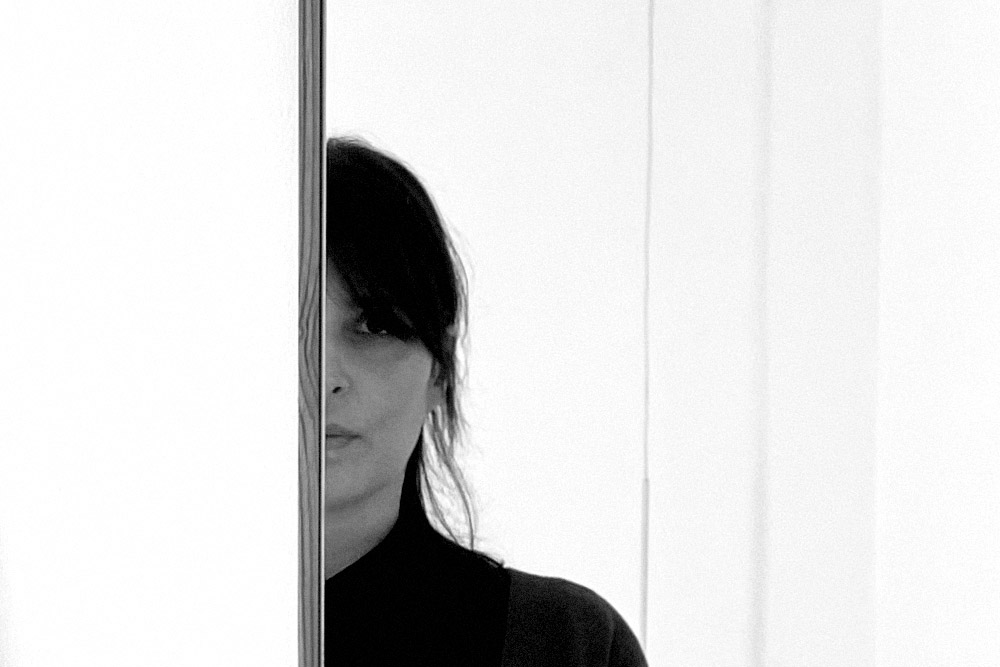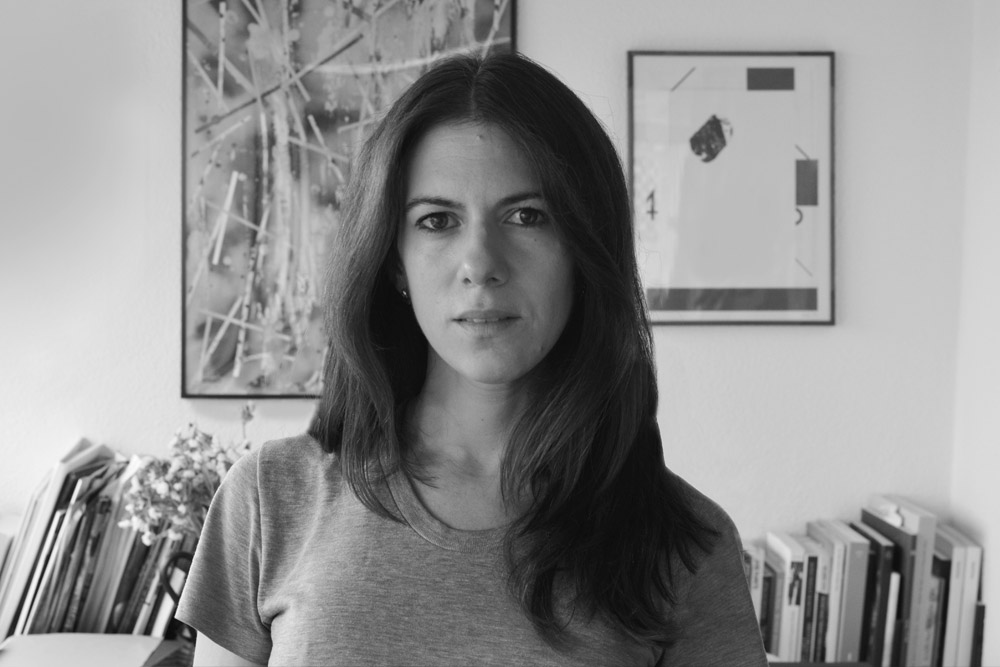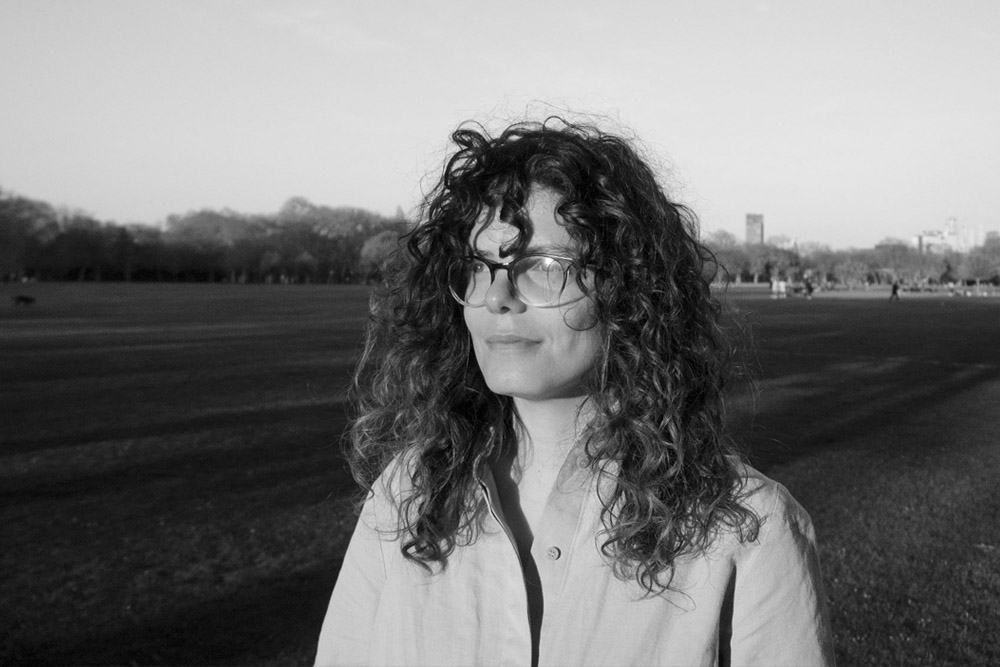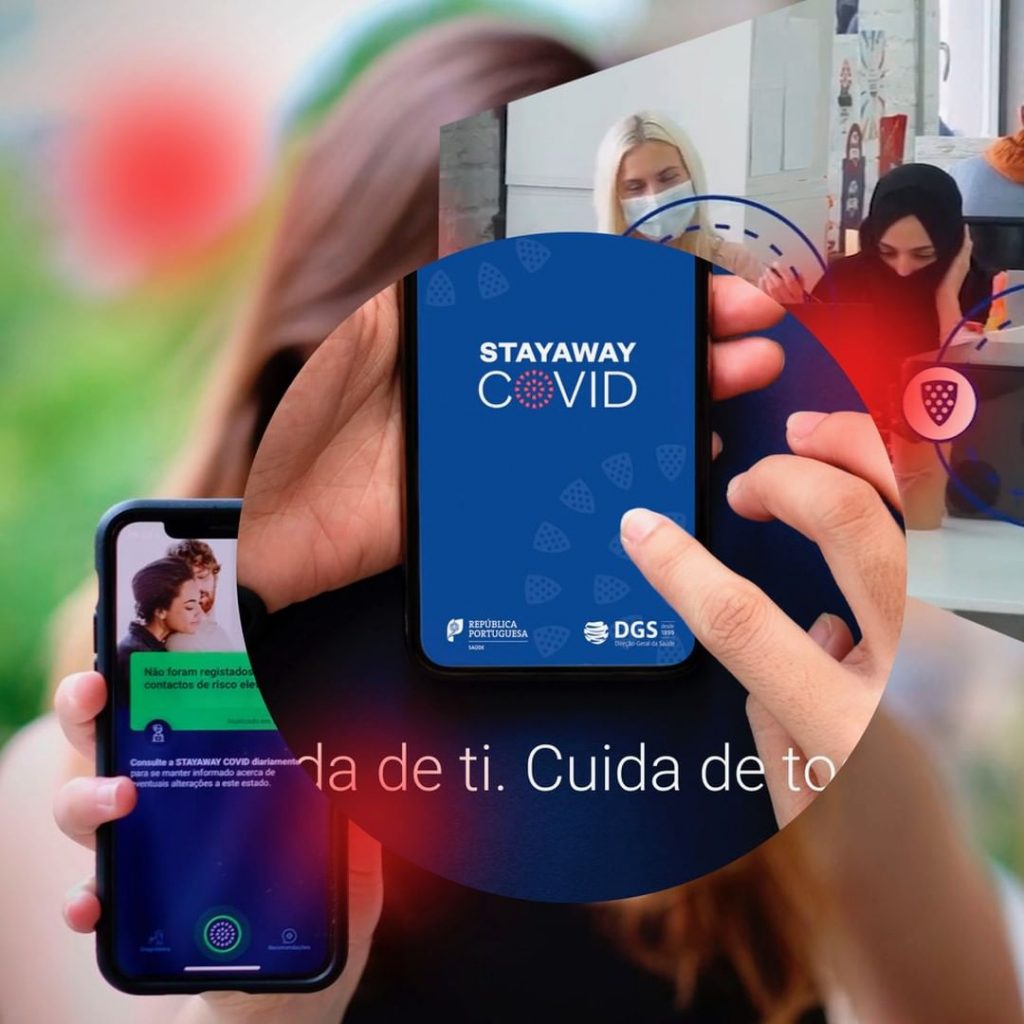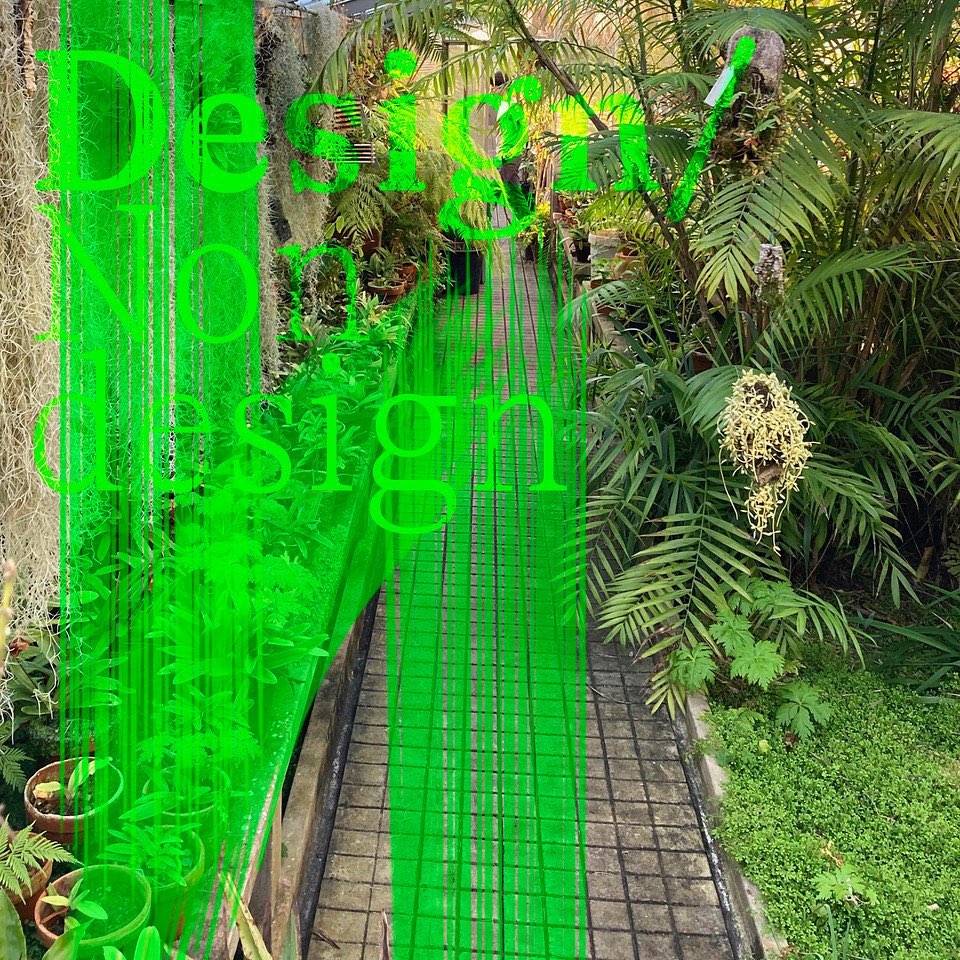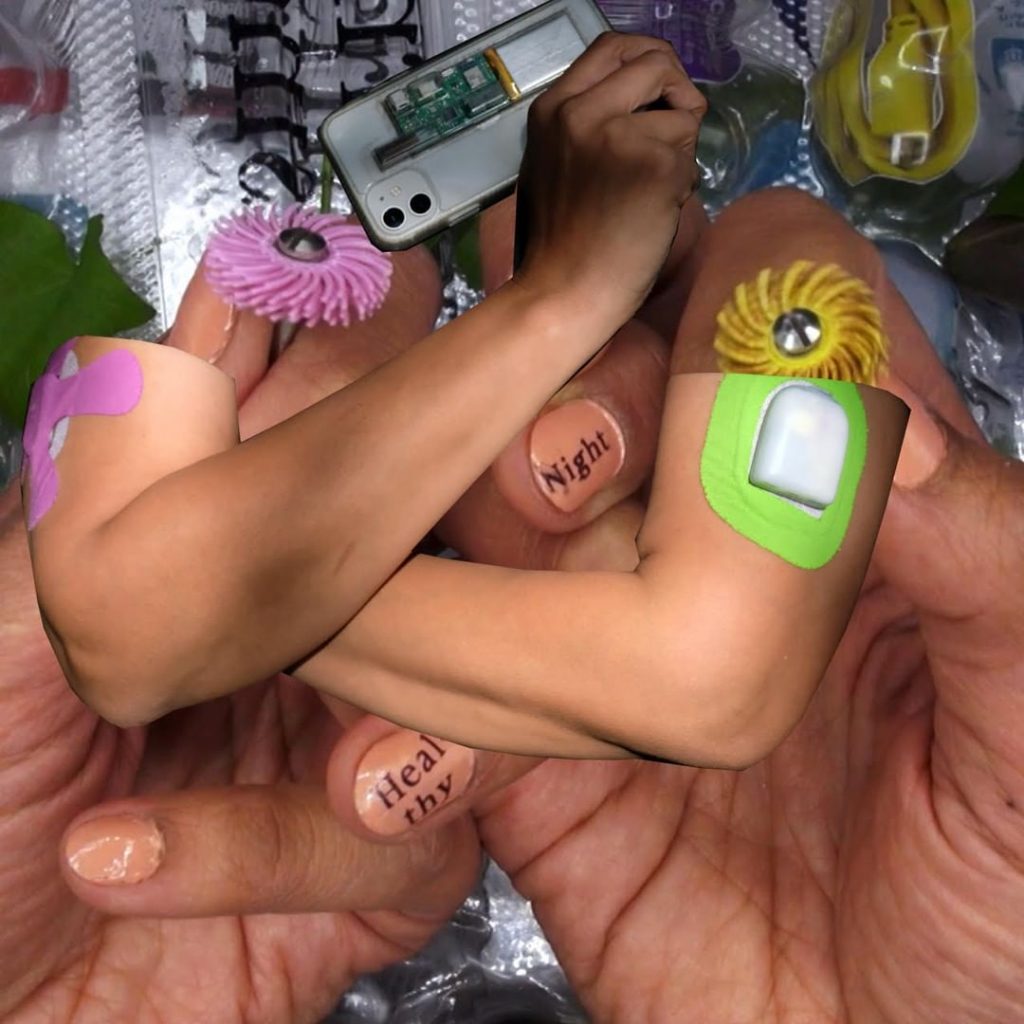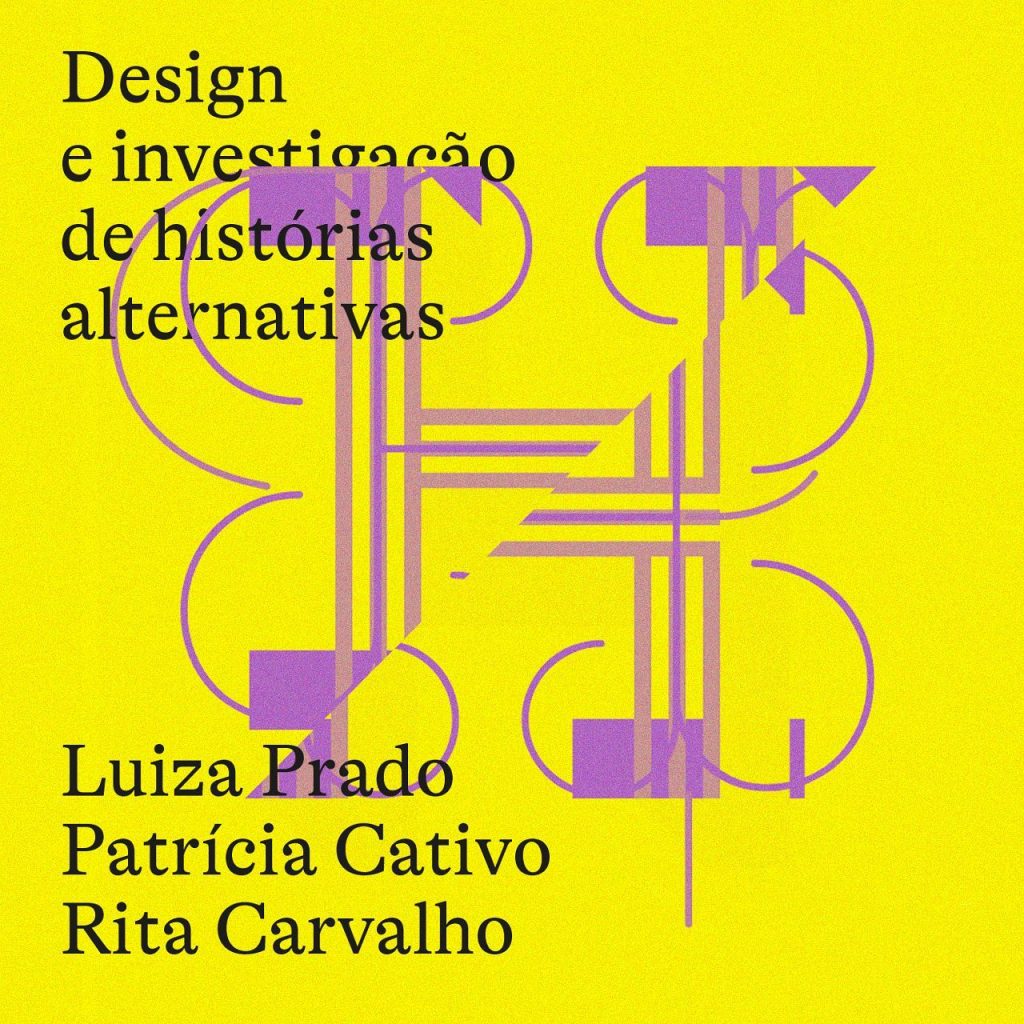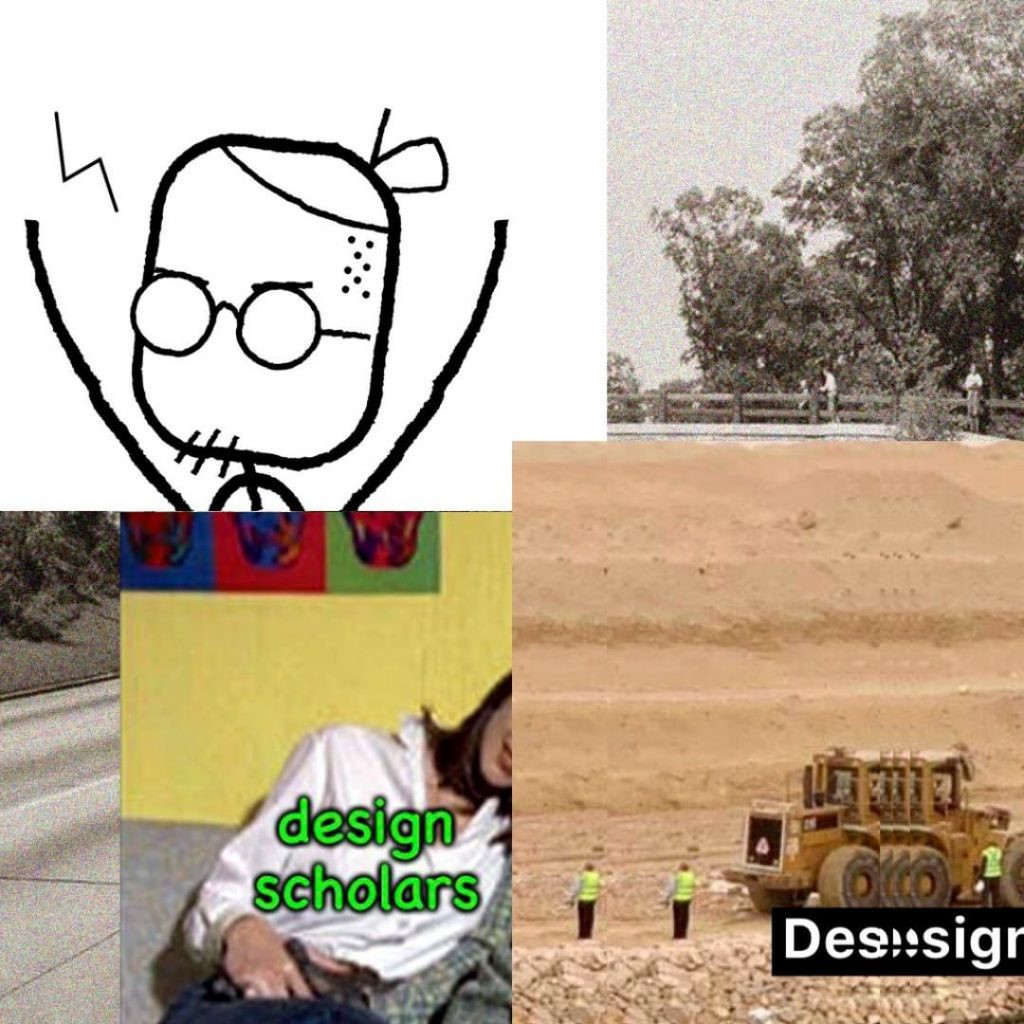Paul Bailey
Paul Bailey is an Irish graphic designer, researcher and educator based in London (UK), exploring a practice that is made public through exhibitions, publications, performances, workshops, writing and curation. He directed the MA Graphic Media Design at London College of Communication, UAL (2014-22), was a founding member of the Graphic Design Educators’ Network (2015-2021); and an advisor at the Jan van Eyck Academie (2015-18). He has been an invited presenter, critic, jury member and examiner at Architectural Association, Central Saint Martins, Royal College of Arts (UK); Icelandic Academy of the Arts (IS); National College of Art & Design (IE). His practice has been awarded, exhibited and published internationally. He is a fellow of fellow Higher Education Academy (UK) and a member of various editorial boards. He is presently pursuing a PhD in the Arts at KASK School of Arts (BE) and leading an independent design-research studio. Ciência Vitae

